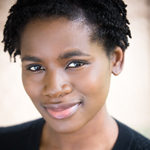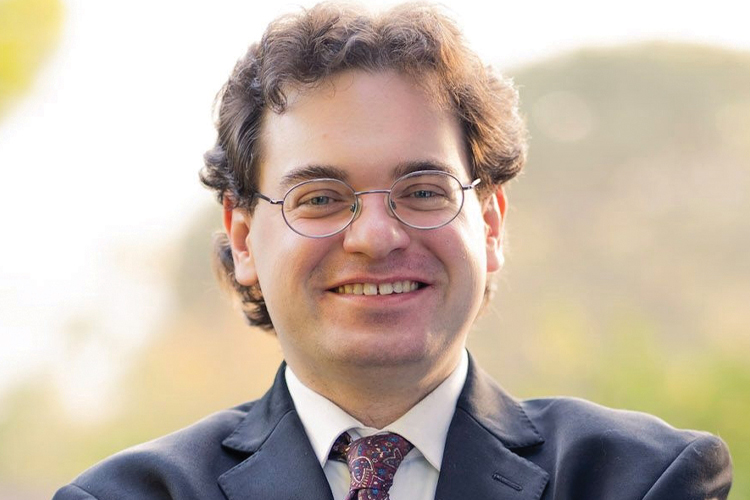
(1866-1949)
Harry T. Burleigh was a singer, composer, arranger and music editor whose work established a precedent of African American singers including spirituals in their concert repertoire. He developed an early interest in singing, and in 1892 he won a scholarship to attend the National Conservatory of Music in New York City, where he studied with the school’s director, Antonín Dvořák. Burleigh provided an essential source of Dvořák’s knowledge about African American musical traditions and influenced the creation of his “New World” Symphony and “American” Quartet.
Through his work, Burleigh created greater performance and leadership opportunities for African American musicians. From 1894 to 1946, he was the baritone soloist at St. George’s Protestant Episcopal Church. In 1924 began performing an annual concert of spirituals at this venue, which became a longstanding tradition. These performances were well attended and helped popularize African American music among broader audiences. He was also the first Black soloist at the Temple Emanu-El synagogue, a role he maintained from 1900 to 1925. In addition to singing, Burleigh was a staff editor with the Ricordi music publishing company from 1913 to 1941. He later became a charter member of the American Society of Composers, Authors and Publishers (ASCAP) in 1914 and served on the Board of Directors in 1941.
Burleigh contributed to an important tradition within African American music by arranging spirituals as art songs for solo voice, beginning with the spiritual “Deep River” in 1916. Not long afterwards, classically trained African American singers initiated the practice of ending their concerts with a spiritual, often drawing from Burleigh’s own catalogue of arrangements. Burleigh’s legacy as a composer who forged the path for honoring spirituals in classical repertoire remains distinguished today.

Elizabeth Durrant
Elizabeth Durrant recently received an M.A. in Musicology from the University of North Texas. She also earned a B.A. in English Literature (St. Mary’s College of Maryland) and a B.S. in Voice (Towson University)—as a result she is dedicated to exploring intersections between these disciplines. Her master’s thesis is titled “Chicago Renaissance Women: Black Feminism in the Careers and Songs of Florence Price and Margaret Bonds.” Elizabeth plans to pursue her PhD in musicology and continue exploring her interests in Black and female composers, twentieth-century neoromantic music, and American art song.
Sources
Floyd, Samuel A. “The Invisibility and Fame of Harry T. Burleigh: Retrospect and Prospect.”
Black Music Research Journal 24 no. 2 (Autumn 2004): 179-194.
Simpson, Anne Key. Hard Trials: The Life and Music of Harry T. Burleigh. Metuchen, New
Jersey: Scarecrow Press Inc., 1990.
Snyder, Jean E. Harry T. Burleigh: From the Spiritual to the Harlem Renaissance. Chicago:
University of Illinois Press, 2016.
———. “Burleigh, Harry [Henry] T(hacker).” Oxford Music Online. October 16, 2013.
https://doi.org/10.1093/gmo/9781561592630.article.A2248537.
Southern, Eileen. Biographical Dictionary of Afro-American and African Musicians. Westport,
Connecticut: Greenwood Press, 1982.




